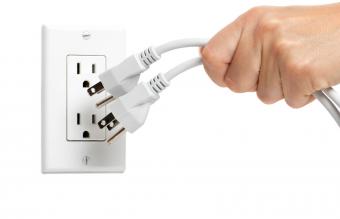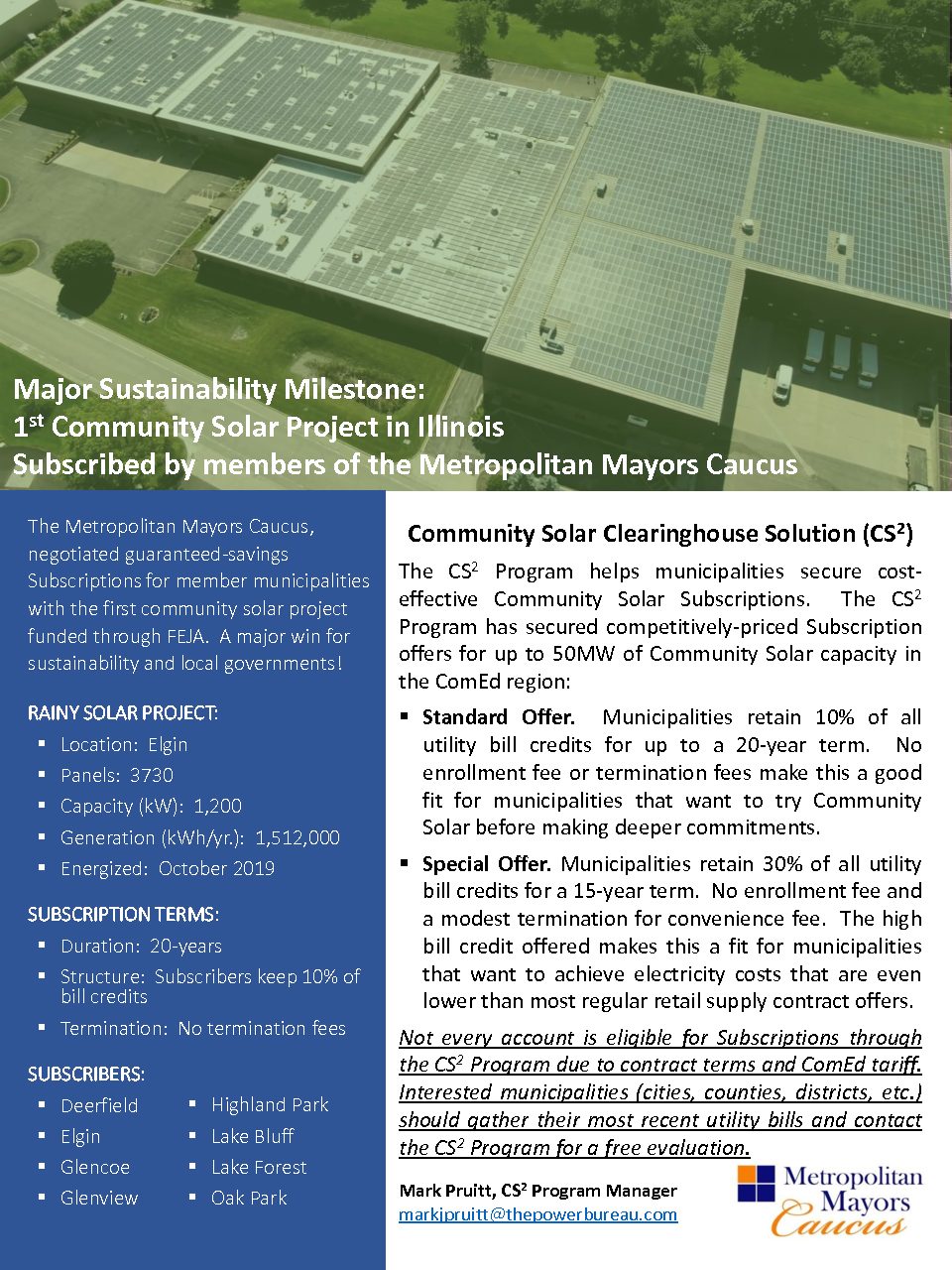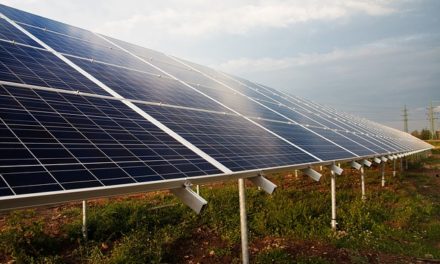Photo Source: https://www.lovetoknow.com/life/work-life/does-unplugging-electronics-save-energy
It seems that convenience is valued above all else in modern, Western society. This often leads to the purchasing of unnecessary items or leaving appliances plugged in for the whole of their lifespan. Due to this normalization and prioritization of convenience, it could be viewed as odd or frustrating when electronics are left unplugged in-between use, despite the environmental and economic benefits of doing so. Called vampires, many appliances, chargers, and other electronics consume electricity (and therefore cost money) when plugged in, even if they are turned off or not connected to a device.
This subtle, but potent energy consumption is often called “standby power,” as Bloomberg News says in their article These Home Appliances Are Using Power Even When Turned Off. This piece also notes that standby power makes up on average between 5% and 10% of electricity use in a given American household, with other estimates being much higher. Cumulative use of standby power in the Western world has a negative impact on the climate, since fossil fuels are still responsible for a sizable portion of electricity production. In addition, standby power costs you as it increases your electric bills. Think of your electricity bill total, calculate 5% and 10% of that total, and look at how much you could be saving each month by simply unplugging electronics when not in use.
Altering how your home functions, even just by unplugging phone chargers, lights, coffee makers, kettles, etc. when not in use, can be a big adjustment. For instance, around when I was in middle school and first learned about the phenomena that is standby power, I went through a phase where I unplugged EVERYTHING in my house. Some ‘victims’ of my energy saving endeavor included our TV and the ‘emergency’ light. Needless to say, my parents were none too pleased about having to constantly, completely restart the TV. But, their annoyance decreased greatly when they saw a substantial decrease in their energy bill. From then onward, with some general ground rules established (i.e. keeping one safety light always plugged in), our family was able to reduce our total energy consumption with no arguing or stress. All this to say, you can start reducing your standby energy use through adjustments that fit your lifestyle. Meaning, maybe you can charge your phone when you come home from school or work instead of overnight (unplugging once done, of course) and unplug your electric piano when not playing it, but always you keep your TV plugged in. You could also try a Smart Outlet Strip from ComEd, which by design helps to minimize standby power. Regardless of what you choose, happy saving energy AND money!





